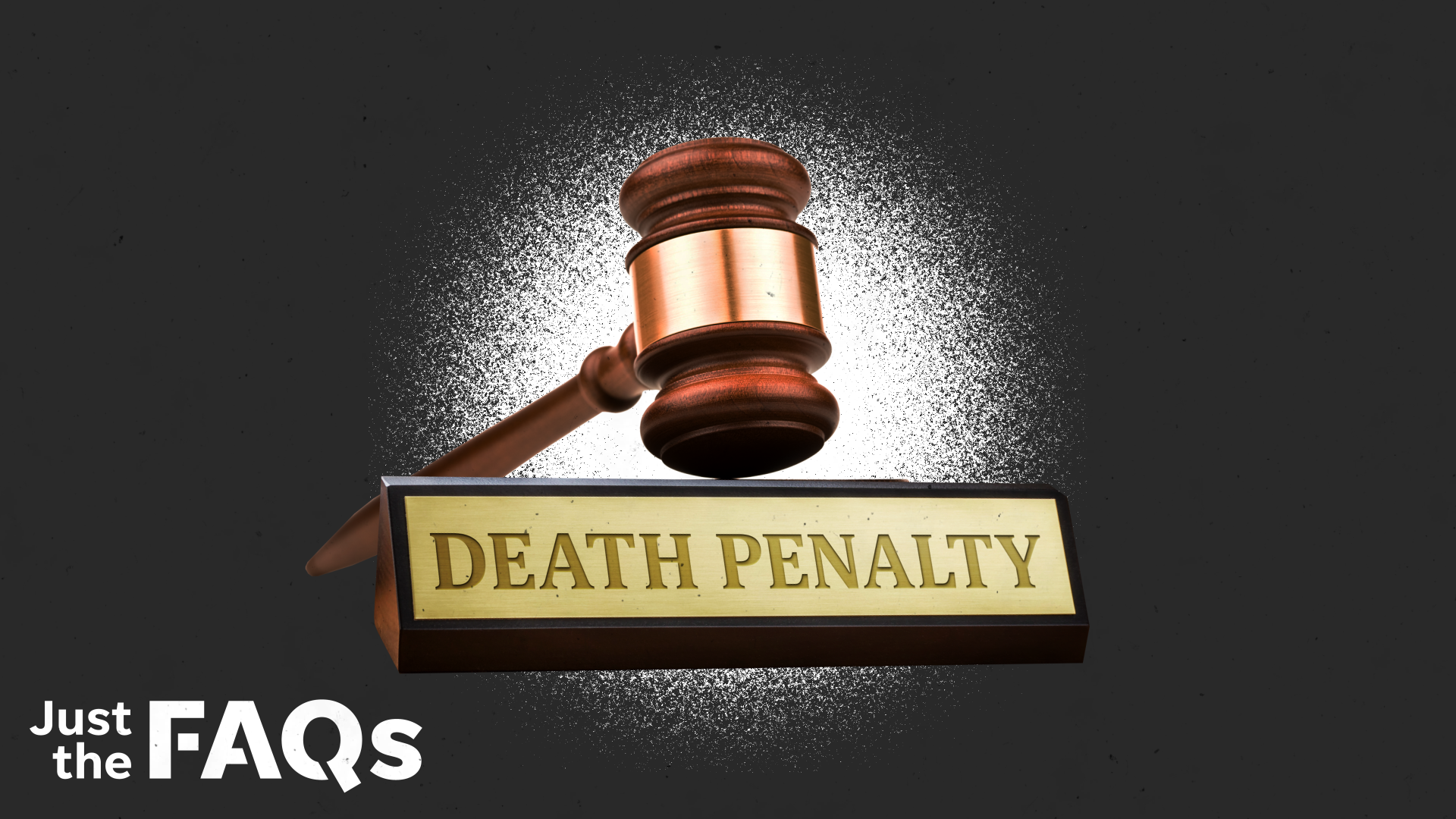Supreme Court to weigh whether death row inmates are entitled to a pastor's touch, prayer
WASHINGTON – The Supreme Court will hear arguments Tuesday in a case that may determine whether death row inmates are entitled to a spiritual adviser who can both pray audibly and make physical contact at the moment they are executed.
John Ramirez, convicted of a 2004 murder at a Corpus Christi convenience store, sued Texas officials over a policy that prohibits his pastor from placing his hands on him and praying aloud during his execution.
The case sits at the intersection of the court's push to expand protection for religious exercise and its reluctance to stop executions in response to eleventh-hour appeals.
The justices will hear arguments after an extraordinary series of developments, including the high court's decision to halt Ramirez's scheduled execution in September. The court moved the case off its emergency docket and into the group of 70-80 cases it considers every year on their merits.
Death row: Supreme Court grapples with prayer, touch in execution chamber
More: Supreme Court halts execution of Texas inmate seeking pastor's touch, prayer
"It has significance with respect to human dignity and basic decency," said Robert Dunham, executive director of the Death Penalty Information Center, a nonpartisan group. "It says what kind of people we are, more than anything else, and do we believe that at the time of death people should have the opportunity for religious comfort."
On the other hand, Dunham noted, as long as there is a death penalty there will come a point at which the state's interest in carrying out the execution overcomes the interest of the individual inmate to exercise his or her freedom of religion.
Figuring out where that point is will be a major focus of the court's discussion Tuesday.

Ramirez has been meeting with Pastor Dana Moore of the Second Baptist Church in Corpus Christi, Texas, since 2017. In an interview earlier this year, Moore said he makes the four-hour drive to the Allan B. Polunsky Unit about once a month.
"I just want to be able to touch John," Moore told Paste BN. "If I'm standing right by him, why can't I just reach out?"
Texas has told the Supreme Court it has an interest in limiting the interaction between an inmate and a spiritual adviser to ensure the execution goes smoothly. State officials have questioned how far an inmate may go in making demands to facilitate their religious exercise and they have accused Ramirez of trying to delay his sentence.
In a brief last month, Texas officials said Ramirez is playing an "ongoing game of ecclesiastical whack-a-mole" to try to stall his execution.
"An outsider touching the inmate during lethal injection poses an unacceptable risk to the security, integrity, and solemnity of the execution," Texas Attorney General Ken Paxton asserted in court papers. "Even inadvertent interference with the IV lines could cause pain to Ramirez and emotional distress to his victim's family."
That argument may draw sharp questioning from some of the justices given that Alabama allowed a pastor into the execution chamber last month when Willie Smith was put to death by lethal injection for the 1991 kidnapping and murder of a 22-year-old woman. The pastor appeared to be praying with Smith and placed a hand on his leg at the beginning of the execution, according to witnesses.
Ramirez, 37, fatally stabbed Pablo Castro, a convenience store clerk, in 2004. He and two women were looking for drug money when they confronted Castro outside the store. According to the Texas Department of Criminal Justice, Ramirez beat and kicked Castro and stabbed him 29 times. The three left with $1.25.
Ramirez was arrested four years later at the Texas-Mexico border.
"Since that night over seventeen years ago, the Castro children have endured delay after delay in securing justice for their father and closure for themselves," the family of the victim told the high court last month. "Ramirez has pursued a manipulative, dilatory litigation strategy that has robbed Pablo Castro’s children of even the smallest measure of closure and peace."
Federal courts have intervened three times to halt Ramirez’s execution.
At a time when conservatives on the Supreme Court have sought to shield religious freedom from interference in other contexts, such as when those protections conflict with LGBTQ rights, the justices have also been expanding the rights of death row inmates to worship.
In 2019, the court was criticized for refusing to block the execution of a Muslim man in Alabama who was denied an imam – even though the state permitted Christian chaplains to attend executions. A majority of the court said that Domineque Ray had made his appeal too late. Ray, convicted of killing a 15-year-old girl in 1995, was executed hours after the Supreme Court’s order.
A month later, a 7-2 majority halted the execution of a Texas prisoner who initially wasn’t permitted to have a Buddhist spiritual adviser at his side during his execution. Associate Justice Brett Kavanaugh wrote that once a state permits a religious adviser of one denomination, such as a Christian preacher, it can’t exclude rabbis, imams and other advisers.
The result was that Texas and Alabama barred all spiritual advisers from the execution chamber. But earlier this year, another appeal to the Supreme Court changed the calculus once again. In that case, Smith – the Alabama inmate – sued to have a pastor at his execution and a majority that included Associate Justice Amy Coney Barrett and the court's liberals ruled in his favor.